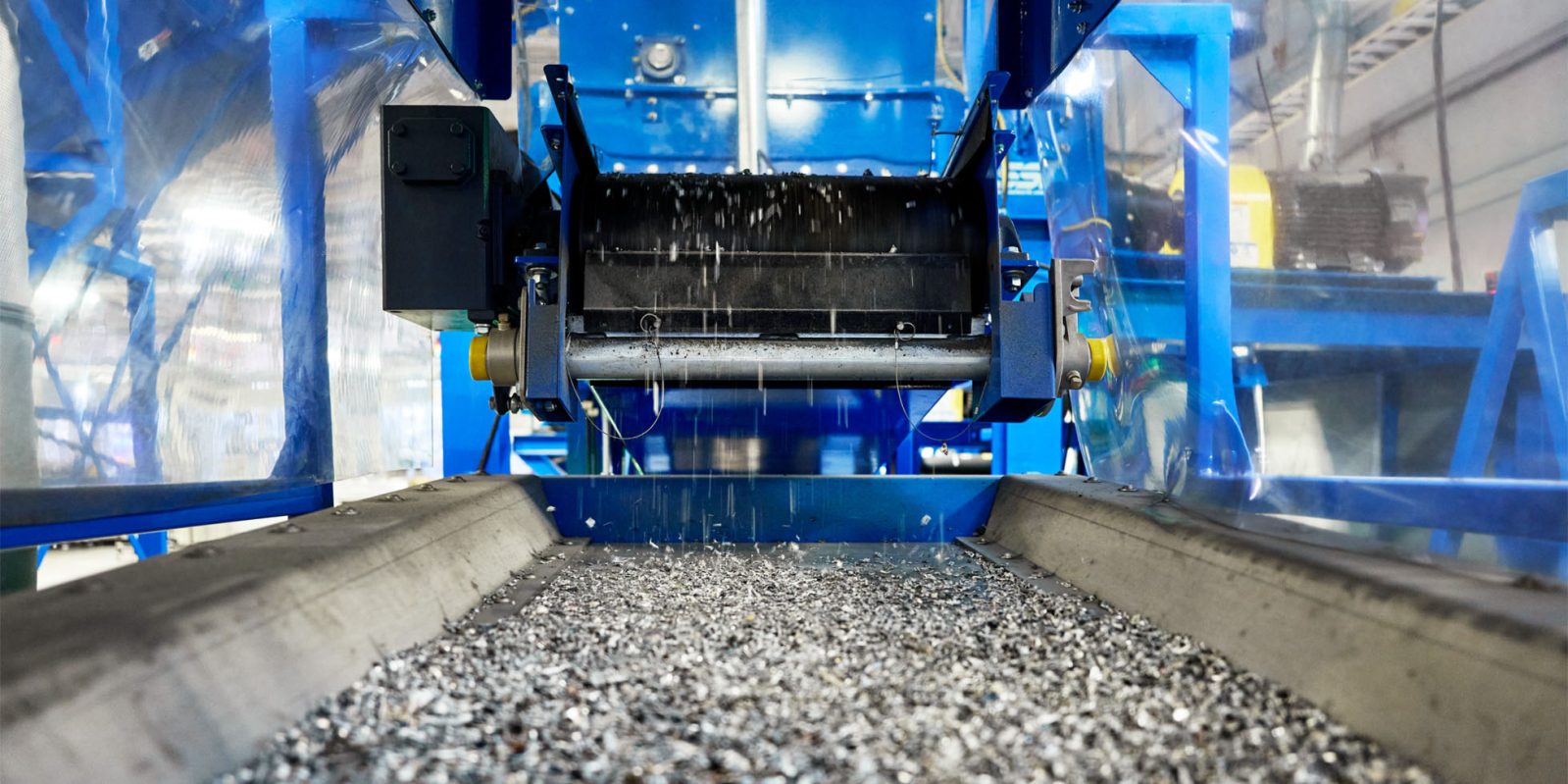
Almost 100,000 iPhones which Apple paid a contractor to scrap were instead stolen and shipped off to China, according to an in-depth report.
Apple sued the company concerned, but now appears to have abandoned the lawsuit, with the report suggesting this is to avoid publicly admitting that it orders the shredding of perfectly usable devices, in stark contrast to the company’s environmental stance …
Bloomberg’s report is a lengthy one, but the gist of it is this. Apple accepts older devices from customers for trade-in and recycling. Many of these devices remain in full working order, and could easily be wiped and resold on the used market. Instead, Apple paid an outside contractor known as GEEP to shred more than a quarter of a million of them per year.
In the first two years of this contract, Apple sent GEEP more than 530,000 iPhones, 25,000 iPads, and 19,000 Apple Watches.
However, an Apple audit found that at least 99,975 working iPhones GEEP claimed to have scrapped were instead siphoned off to China and sold on the used market there.
In 2020, Apple sued GEEP for breach of contract, but nothing has happened since. The case will automatically be dropped in January of next year unless Apple progresses it. The same is true of a related lawsuit GEEP brought against three of its former employees, who were blamed for the thefts (that one expires in August of this year).
The implication is that the cases would expose the fact that Apple scraps hundreds of thousands of usable devices because fewer products on the used market means more demand for new ones.
When the lawsuits came to light, first reported in late 2020 by the Logic, a Canadian news outlet, industry observers were stunned. It wasn’t just the shocking scale of the purported heist; the incident implied that Apple was forcing a recycling partner to shred tens of thousands of iPhones that were apparently in prime condition for refurbishment. The timing was awkward: That same year, Apple had publicly committed to reaching 100% carbon neutrality across its product life cycle by 2030 and specified in an environmental report that “reuse is our first choice.” The shredding, critics said, contradicted Apple’s green marketing and was likely a way to keep cheaper used hardware from interfering with sales of new products.
Apple declined to comment on the specifics, but did say that things have changed since then.
An Apple spokesperson says electronics recycling today has advanced by “leaps and bounds” since the GEEP lawsuit was filed, and that the company creates long-lasting products that often serve multiple owners. “Apple’s industry-leading recycling program offers customers easy ways to bring their devices back to be analyzed for refurbishment and reuse,” the spokesperson says.
One of those changes was the launch of an improved iPhone recycling robot, Daisy, which replaced the first version, Liam. But the piece suggests that this may be mostly a PR move, with a very different story behind the scenes.
Around the time Apple was bringing Daisy online in the Netherlands, a person then employed at Re-Teck, another Apple recycling partner down the street, recalls witnessing the crushing of tons of AirPods, Macs and Watches, many of which appeared to be in good shape. (Re-Teck declined to comment.) In some cases, the employee says, workers would smash the devices with hammers.
iFixit co-founder Kyle Wiens believes that shredding working devices which could be repaired or used for spares should be illegal.
Photo: Apple
FTC: We use income earning auto affiliate links. More.
Source link



